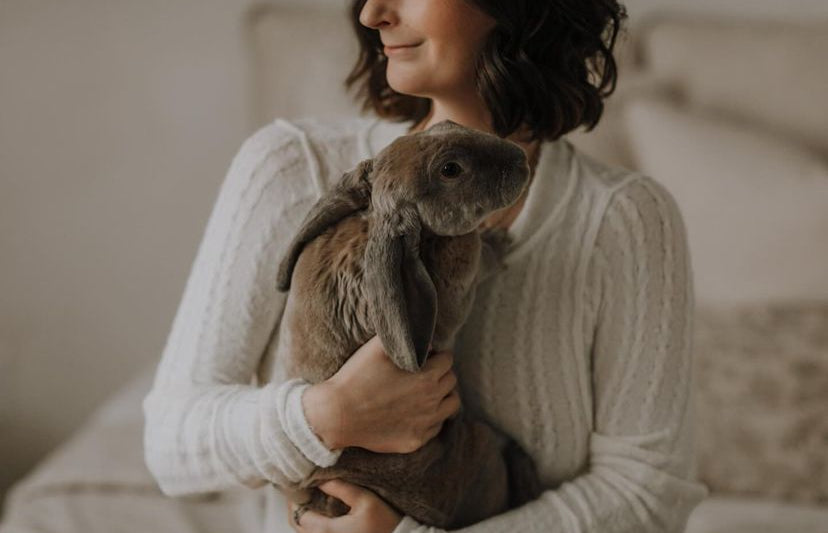Rabbits make wonderful companions, but like any pet, they can face health challenges. One such concern is Encephalitozoon cuniculi, commonly known as E. cuniculi. In this blog post, we'll delve into the causes, symptoms, and preventive measures to keep your bunny friends healthy and happy.
What is E. Cuniculi? E. cuniculi is a microscopic parasite that can affect rabbits, causing a range of health issues. It primarily targets the kidneys, eyes, and nervous system. The parasite is usually contracted through the ingestion of contaminated food, water, or bedding.
Symptoms: Identifying E. cuniculi in rabbits can be challenging, as symptoms vary. Some common signs include head tilting, loss of balance, difficulty coordinating movements, and changes in behavior. Additionally, rabbits may experience urinary incontinence, leading to wet fur around the hindquarters.
Diagnosis: If you suspect your rabbit may be affected, it's crucial to consult a veterinarian. Diagnostic tests, such as blood and urine analysis, can help determine the presence of E. cuniculi. In some cases, an MRI or CT scan may be recommended for a more comprehensive evaluation of neurological symptoms.
Treatment: Treatment typically involves medication to manage symptoms and eliminate the parasite. Anti-parasitic drugs like fenbendazole are commonly prescribed, along with supportive care to address specific health issues caused by E. cuniculi.
Prevention: Preventing E. cuniculi is essential for maintaining your rabbit's well-being. Ensure a clean living environment by regularly cleaning cages and providing fresh, uncontaminated food and water. Quarantine new rabbits before introducing them to your existing ones to prevent the spread of potential infections.
Regular veterinary check-ups are vital to catch any health issues early on. Discussing preventive measures, such as vaccinations and proper hygiene practices, with your vet can further safeguard your rabbits against E. cuniculi.
Being aware of E. cuniculi and its potential impact on your rabbits is crucial for responsible pet ownership. By staying informed, maintaining a clean living environment, and seeking prompt veterinary care, you can provide your bunny companions with the best chance for a healthy and happy life. Always consult with your veterinarian for personalized advice based on your rabbit's specific needs and health history.









